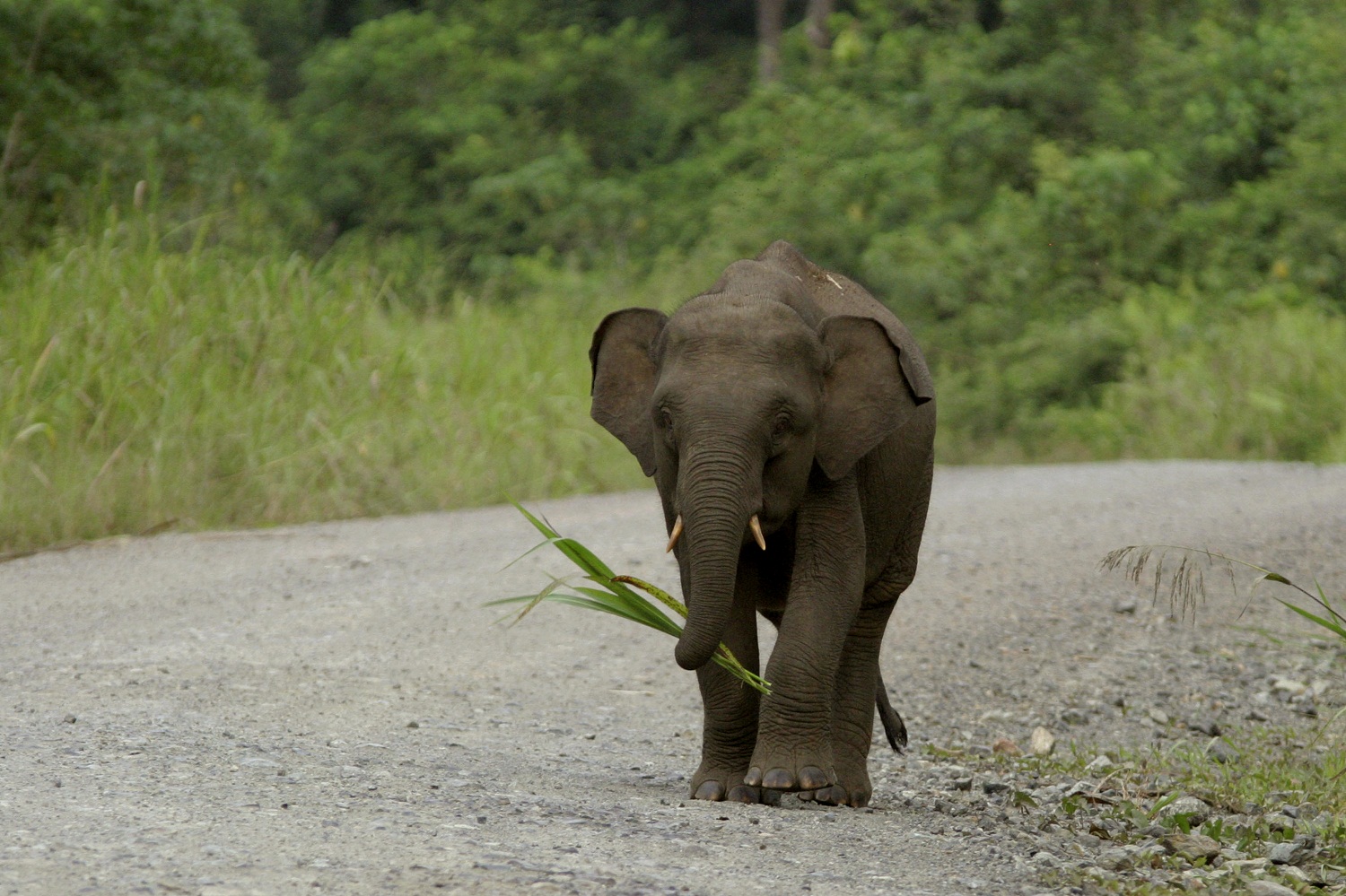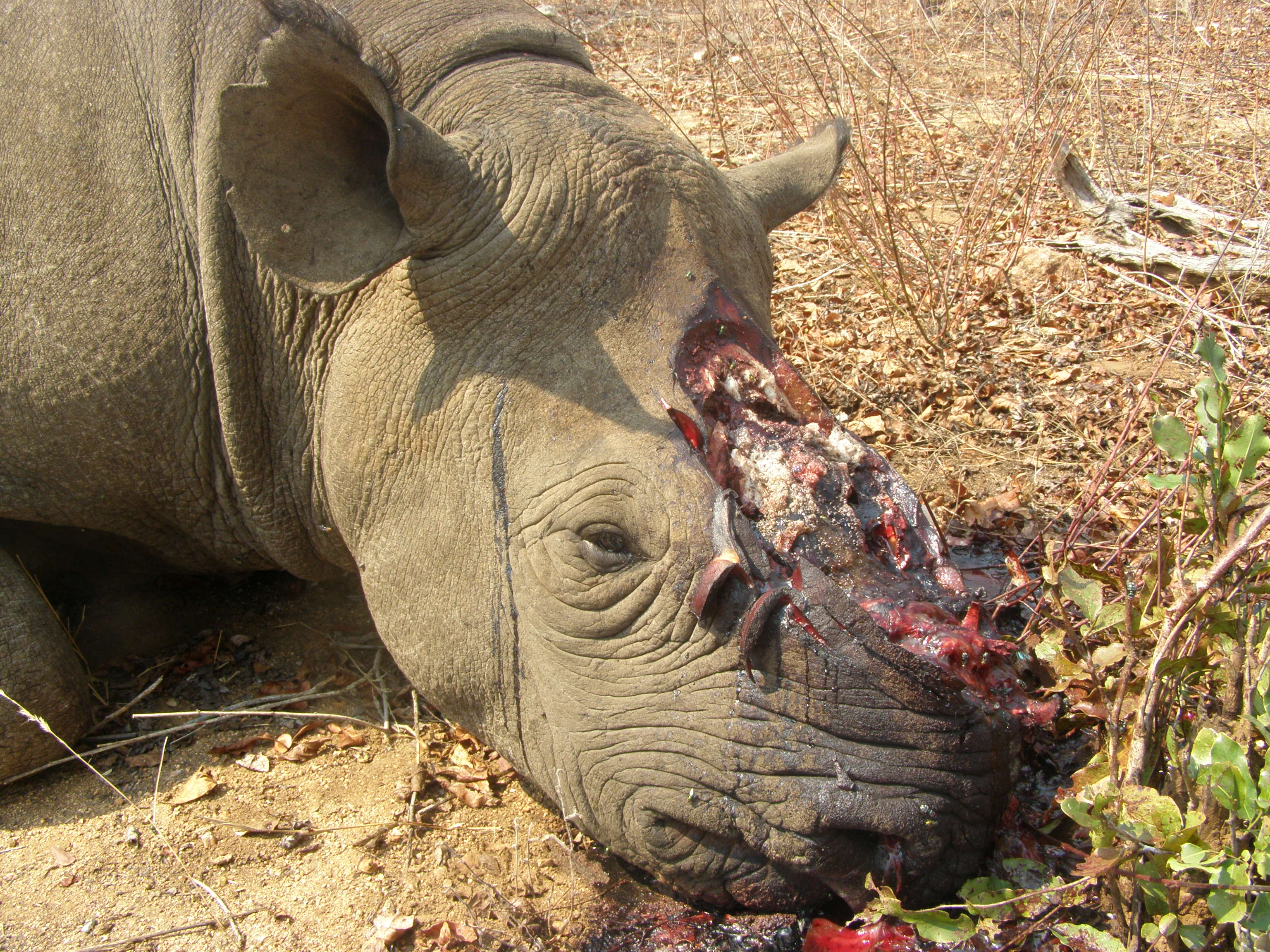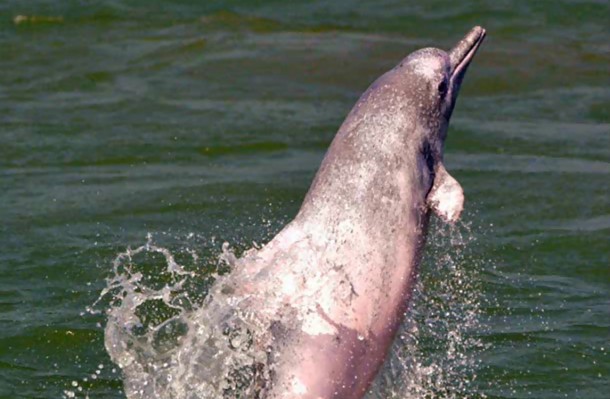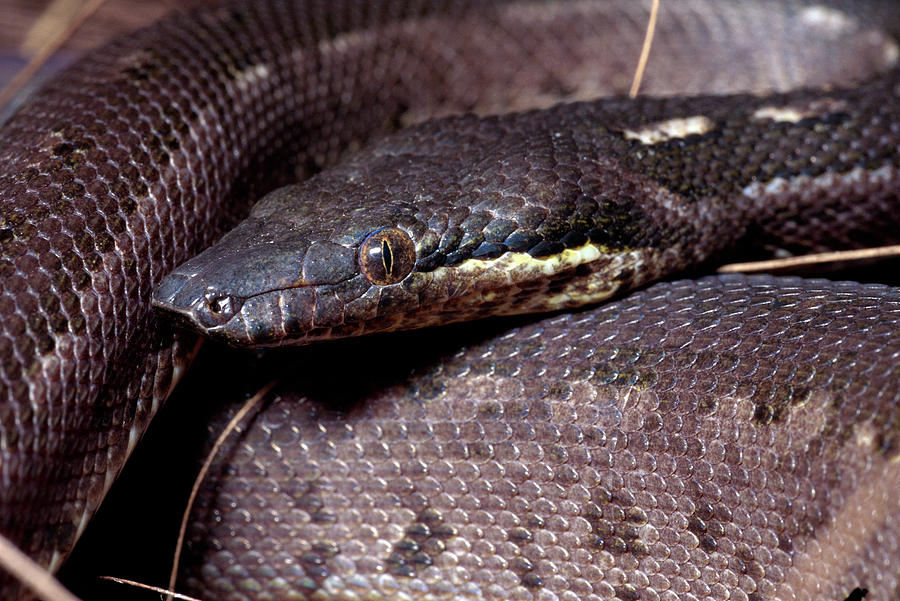The discovery of two baby ploughshare tortoises born in the wild to parents bred in Durrell’s conservation breeding programme provides hope that despite huge challenges the fight to save the world’s rarest tortoise can be won.
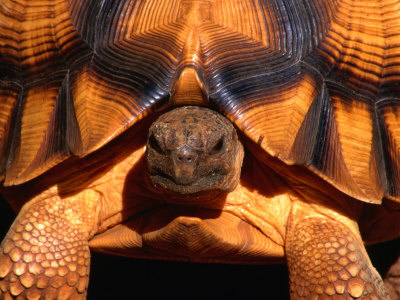
There are probably as few as 500 adult ploughshare tortoises, or angonoka in Malagasy, left in their natural range, the bamboo scrub of Baly Bay in north-western Madagascar. Historically the main pressures on the ploughshare were habitat loss and introduced species, but in recent years the rise in poaching for the illegal pet trade outside of Madagascar has threatened to send the angonoka to extinction.
Durrell has been working for 25 years to save this species by reducing pressures to the remaining wild population and its habitat. Early successes included the establishment of Baly Bay National Park and the empowerment of local communities to protect habitat from bushfires. A core component of Durrell’s efforts was the establishment of a captive breeding programme that would act both a safety net and the basis for a reintroduction programme.
The breeding programme has been a great success but it takes a long time for tortoises to reach an age when they can be released back to the wild. First trial releases began in 1998 into an area of bamboo scrub habitat from which the species had previously been wiped out. Since that time, a total of 65 animals have been released with the goal that they would reach maturity and start breeding to secure the viability of the re-introduced population.
The tortoises were released as sub-adults and it has taken them a few years to reach maturity and so it only now that we are seeing the first generation of tortoises to be born from animals released from the programme into the wild.
Dr Lee Durrell MBE, the Trust’s Honorary Director, was in Madagascar recently to celebrate the 25th anniversary of Durrell’s conservation work in the island. She said: “The importance of the discovery of the baby ploughshares cannot be over-emphasised. These tortoises are the result of so many years of hard work and hope, and everyone involved gets a real thrill from seeing them. It is what our work at Durrell is all about and they represent a beacon for the future of not only the iconic ploughshare in Madagascar but many other species whose survival relies on similar conservation breeding programmes.”
The two babies are a little over a year old, measuring only five centimetres from head to tail and weighing just 30g. They were discovered by Henri Rakotosalama, who monitors the released animals. These tortoises are extremely difficult to find even when they are large adults, so finding a tiny baby was a major achievement. He said: “I’m so happy to have found these babies after six years of studying the released tortoises. It was a really emotional moment. It’s tough working out here in the scrub, but these tiny babies show it’s worth all the effort. I hope we find more very soon.”
Dr Durrell said: “We have waited a long time to see baby ploughshare tortoises born in the wild from our released animals and we can only hope that they will continue to flourish. The Madagascar habitat that is their home is a tough one – there are bush pigs, buzzards, a harsh climate and poachers to contend with – but they are healthy and strong and we believe they stand a good chance. They are the first of what we hope will become a brand new population of tortoises helped by our successful conservation breeding programme.”


